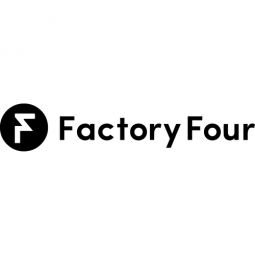Download PDF
Arnold Packaging Transforms Business with FactoryFour Platform
Technology Category
- Platform as a Service (PaaS) - Application Development Platforms
Applicable Industries
- Packaging
Applicable Functions
- Discrete Manufacturing
- Quality Assurance
Use Cases
- Manufacturing System Automation
- Real-Time Location System (RTLS)
- Predictive Quality Analytics
Services
- System Integration
- Cloud Planning, Design & Implementation Services
The Challenge
Arnold Packaging, a comprehensive supplier to the packaging industry, faced a significant challenge in their production process. Their process started with the collection of custom specs for an order and communicating them to the production floor. Technicians then worked together to complete various tasks in a workflow before the deliver-by date. However, activity was recorded manually on time sheets, which meant managers lacked real-time visibility on their operations. The company had a tedious, manual process of understanding data that couldn’t keep up with the pace of the production floor. Arnold Packaging needed a solution that would provide advanced production visibility, so that they could enhance technician productivity and gain significant managerial time savings.
About The Customer
Arnold Packaging was founded in 1933 as Arnold’s Factory Supplies, a manufacturer of adhesives and inks used for packaging applications. Over the course of 85 years, the Baltimore-based company has evolved into a comprehensive supplier to the packaging industry under the forward-thinking vision of Mick Arnold. In their 80,000 square-foot facility, production personnel manufacture custom packaging and containers for large enterprises. The company's process starts with the collection of custom specs for an order and communicating them to the production floor. From there, technicians work together to complete various tasks in a workflow before the deliver-by date.
The Solution
Arnold Packaging adopted the FactoryFour platform, which significantly increased visibility into their production process, providing insights on production in real-time. Through a seamless integration with Arnold’s Epicor system, an order and its specifications are automatically pulled into FactoryFour to initiate a production order. Technicians use tablets stationed throughout the production floor to check in and out of tasks they are assigned to. The integration allows Arnold to optimize the production floor without disrupting front-office processes. While technicians are completing each task, FactoryFour automatically collects data on every event that occurs. Arnold managers are able to monitor order status in real-time, and can easily access overarching insights such as the number of man-hours required to complete a particular product.
Operational Impact
Related Case Studies.
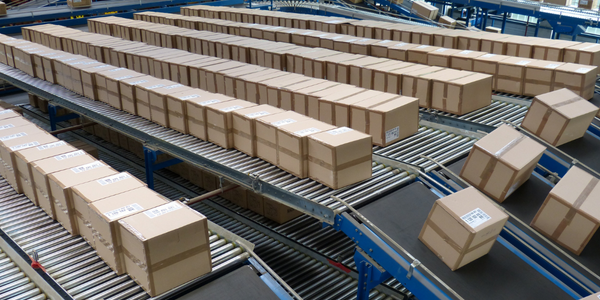
Case Study
IoT Data Analytics Case Study - Packaging Films Manufacturer
The company manufactures packaging films on made to order or configure to order basis. Every order has a different set of requirements from the product characteristics perspective and hence requires machine’s settings to be adjusted accordingly. If the film quality does not meet the required standards, the degraded quality impacts customer delivery causes customer dissatisfaction and results in lower margins. The biggest challenge was to identify the real root cause and devise a remedy for that.
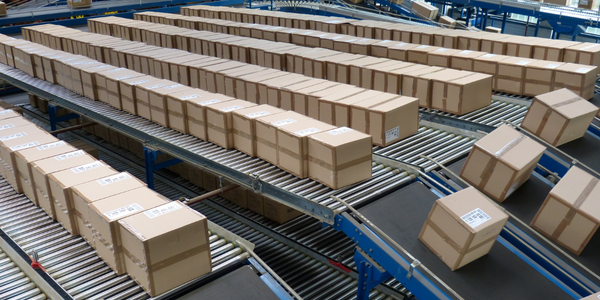
Case Study
Zenon the Ideal Basis for An Ergonomic HMI
KHS develops and produces machines and equipment for filling and packaging in the drinks industry. Because drinks manufacturing, filling and packaging consist of a number of highly complex processes, the user-friendly and intuitive operation of equipment is increasingly gaining in significance. In order to design these processes as simple as possible for the user, KHS decided to introduce a uniform, transparent and standardized solution to the company. The HMI interface should meet the requirement for people with different qualifications and enable them to work on a standard platform.
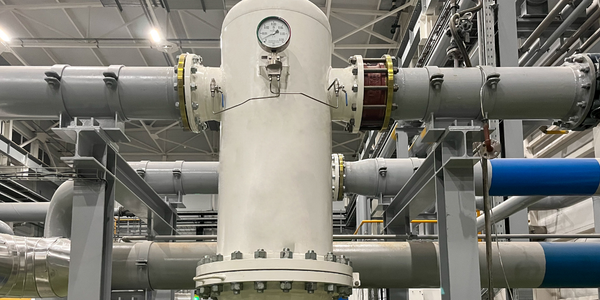
Case Study
Sparks Dynamics Assists Atlas Container Secure a $15,000 BGE Energy Rebate
The ReMASTER Compressed Air Monitoring system was installed in 2015. This system is capable of monitoring compressed air system parameters on a continuous basis and transferring that information to a cloud server which can be accessed by Atlas Container personnel, Industrial Diagnostics and Sparks Dynamics. This information was collected into a database which can be exported to an Excel spreadsheet or displayed graphically using Sparks Dynamics ViewMaster Software. The average annual compressed air electricity expense was estimated to be approximately $116,000. This is based on an incremental $/KWh electric rate of $.091 per KWh and an estimated compressed air energy consumption of 1,279,200 KWH. The implementation phase of Energy Conservation Measures (ECMs) for the Compressed Air System included: • Identification and repair of compressed air leaks • Understanding of compressed air usage per manufacturing machine and installation of shut off valves when the machines are no longer in production mode • Identification of misapplications of compressed air to include blow offs, venturis, and cooling scenarios • Understand system pressure requirements and potential installation of point of use pressure regulation.

Case Study
Automated Pallet Labeling Solution for SPR Packaging
SPR Packaging, an American supplier of packaging solutions, was in search of an automated pallet labeling solution that could meet their immediate and future needs. They aimed to equip their lines with automatic printer applicators, but also required a solution that could interface with their accounting software. The challenge was to find a system that could read a 2D code on pallets at the stretch wrapper, track the pallet, and flag any pallets with unread barcodes for inspection. The pallets could be single or double stacked, and the system needed to be able to differentiate between the two. SPR Packaging sought a system integrator with extensive experience in advanced printing and tracking solutions to provide a complete traceability system.
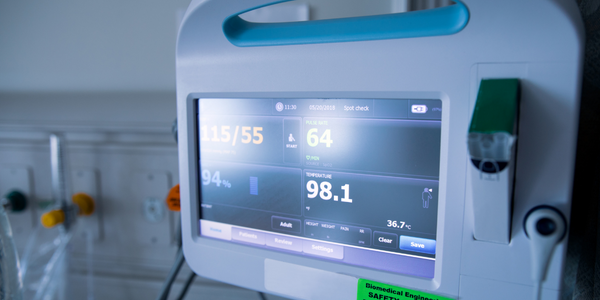
Case Study
Mondi Implements Statistics-Based Health Monitoring and Predictive Maintenance
The extrusion and other machines at Mondi’s plant are large and complex, measuring up to 50 meters long and 15 meters high. Each machine is controlled by up to five programmable logic controllers (PLCs), which log temperature, pressure, velocity, and other performance parameters from the machine’s sensors. Each machine records 300–400 parameter values every minute, generating 7 gigabytes of data daily.Mondi faced several challenges in using this data for predictive maintenance. First, the plant personnel had limited experience with statistical analysis and machine learning. They needed to evaluate a variety of machine learning approaches to identify which produced the most accurate results for their data. They also needed to develop an application that presented the results clearly and immediately to machine operators. Lastly, they needed to package this application for continuous use in a production environment.

Case Study
Industry 4.0 at ALPLA: Enhancing Factory Efficiency with IoT
ALPLA, a global leader in packaging solutions, faced several challenges as the complexity of their production machinery increased. The need for highly trained specialists in each factory led to higher personnel costs, difficulties in recruiting experienced talent at each location, and costly personnel turnover. Furthermore, less experienced operators running the machines sub-optimally impacted resource consumption and overall equipment effectiveness (OEE). ALPLA also faced the challenge of monitoring visual inspection systems in every line of their plants, which was almost impossible to do manually. In 2016, ALPLA decided to use data from the 900 different types of embedded sensors in each factory to address these issues. However, their initial choice of SQL Server as the data store for the sensor data proved inadequate, as it was unable to cope with their data requirements.




